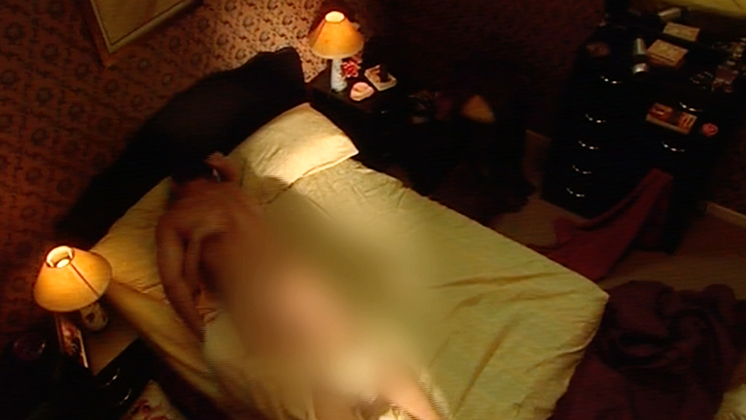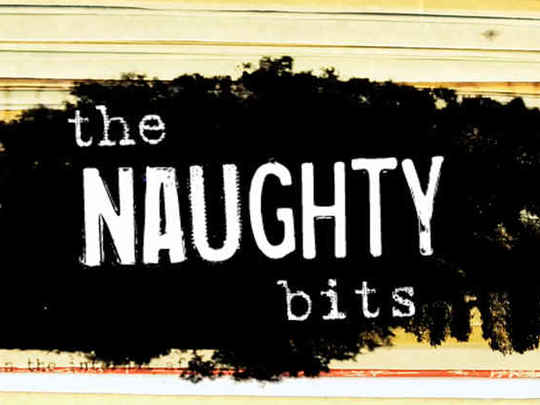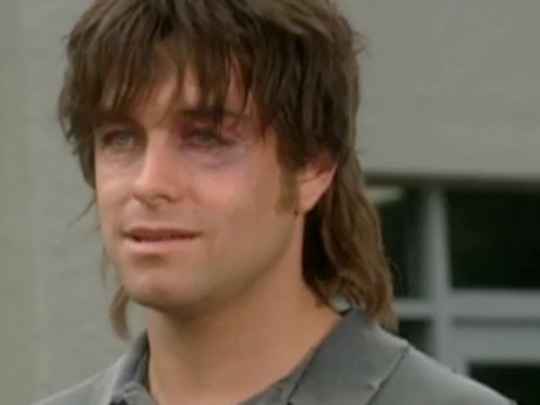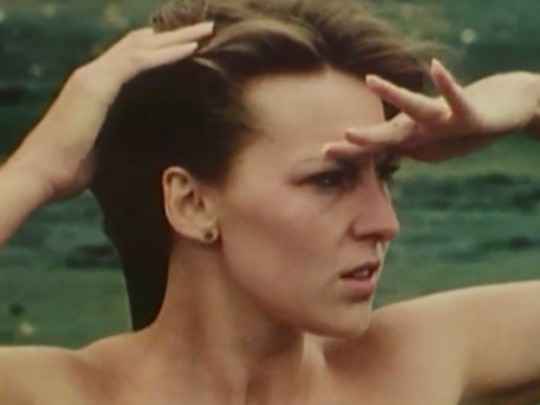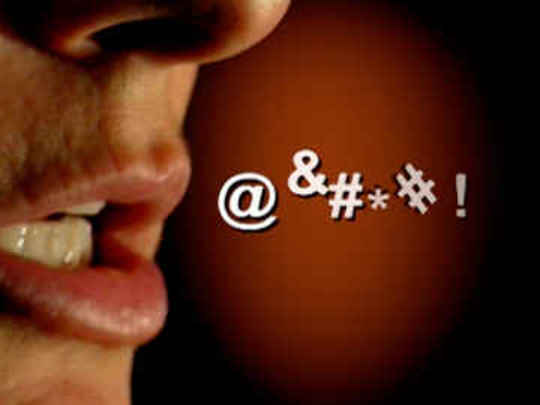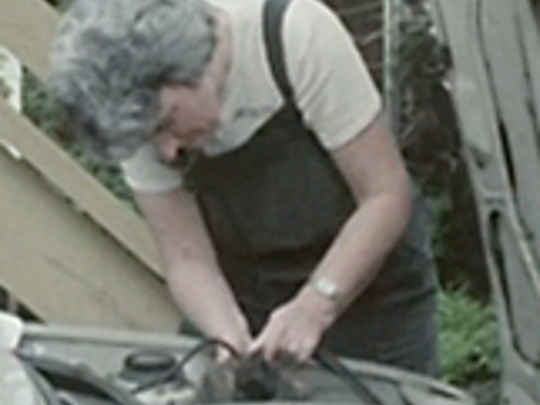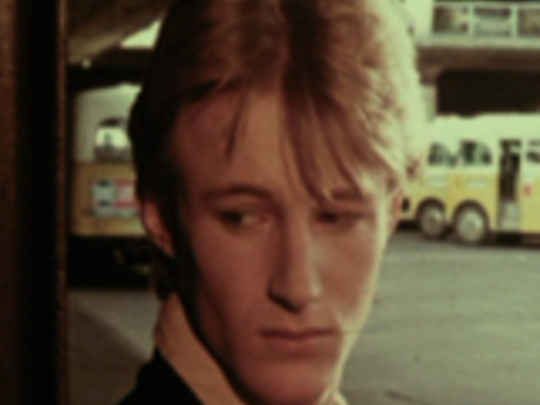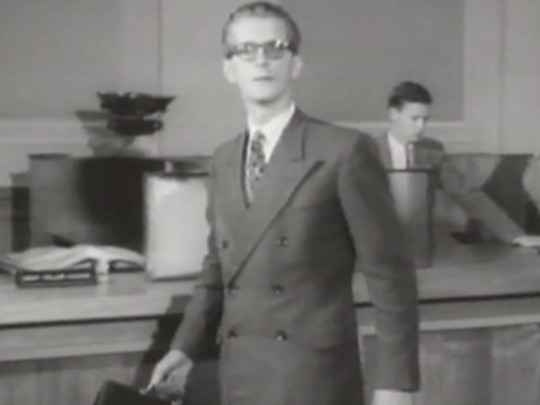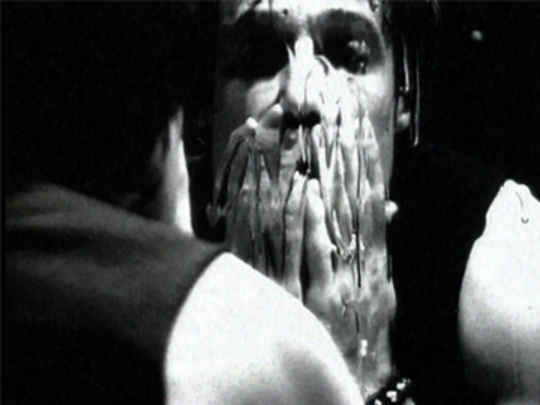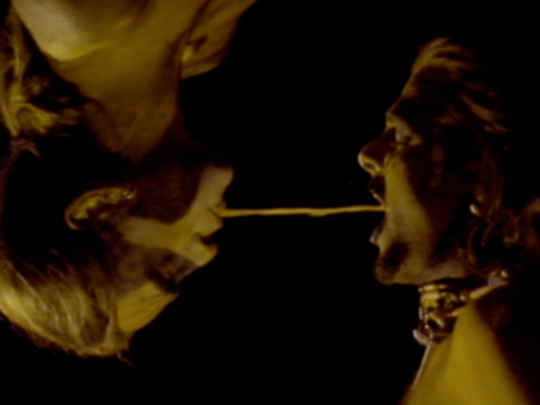In this series we'll ferret through the archives, and talk to those who were there, to find out what was cut, removed, banned, and what that can tell us about how we've changed. In doing so, we'll finally get to understand the naughty bits.
– Narrator Ian Hughes, at the start of this episode
I often tell people I'm like a sewer grate for all of New Zealand, you know — the stuff goes in, and the worst stuff stays there, and out flows more wholesome stuff, because we've banned the corrosive horrible stuff.
– Former Chief Censor Bill Hastings
This is a bad book all around — sordid, unwholesome and unclean. It makes evil to be good. We are of the opinion that it should be banned.
– Reaction of New Zealand's Board of Censors to 1926 book The Butcher Shop, by Jean Devanny
The novel was banned in the UK and America. In New Zealand it was restricted to educators and literature students. The then collector of customs called it one of the dirtiest books he'd ever seen, and thought it must have been written by a mental defective.
– Reaction to James Joyce's 1922 novel Ulysses, including by customs officer Henry V Foster
Probably, if he was being really conservative he would have banned it, you know. And he wasn't. He was trying, I think, to give it the highest possible warning, if you like — but still enable it to be seen and be appraised by the people of New Zealand.
– Former censor Jane Wrightson offers her opinion on Kiwi censor Douglas McIntosh allowing 1967 movie Ulysses to screen only to segregated audiences
...it's widely said, and probably true, that Patricia Bartlett had spoken extensively to the then-Prime Minister, Mr Muldoon, and he thought it was a good idea to make sure that these perhaps dodgy people in charge of the film commission — make sure that they didn't run off the rails.
– Ex NZ Film Commission board member David Gascoigne on how the newly-born commission was instructed to "have due regard" of accepted community standards in its funding decisions
The basic argument that Patricia Bartlett had was that New Zealand taxpayer's money was being used to fund a movie that promoted an illicit lifestyle.
– David Herkt on Patricia Bartlett's campaign against early homosexual drama Squeeze getting government funding
In 1989 it was pretty much straightforward ordinary sex. By the time I left, they were including way more demeaning things.
– Former censor Bill Hastings on changing trends in pornography
One of the watersheds for television was the late 1990s, early 2000s, when American cable shows like The Sopranos and so on so forth, came here, and went free to air. And I think for the drama makers here that kind of freed up...a lot more became a lot more possible in terms of pushing the boundaries.
– Outrageous Fortune writer James Griffin on changes in what could be shown on television
...right from the start, sex and nudity has stirred up debate around censorship. And that's true for any medium, whether it be the movies, books or TV.
– Narrator Ian Hughes at the end of this episode
If you look sort of throughout the history of censorship in New Zealand, the law was always two steps behind technology.
– Former Chief Censor Bill Hastings
In the early 20th century the police and the courts were free to interpret indecency laws as they pleased. But even more powerful were the customs officers, who could hold up publications at the border almost with impunity.
– Narrator Ian Hughes
